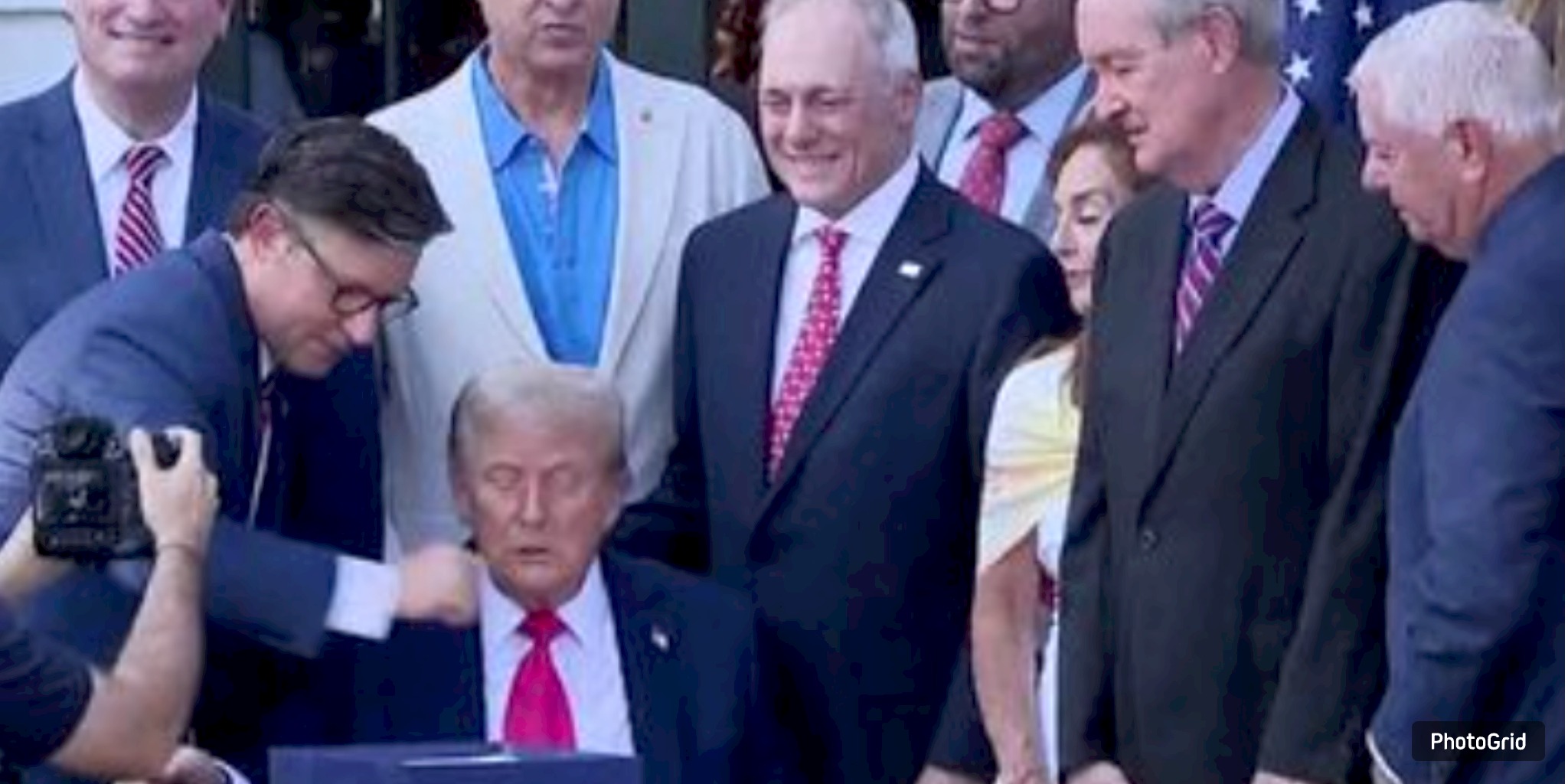Texas hospitals and community clinics are bracing for the long-term impact of a sweeping new tax and spending law signed by President Donald Trump. The legislation includes deep cuts to Medicaid and changes to health coverage subsidies, which could leave over 300,000 Texans uninsured by 2034.

The new law enacted by President Donald Trump, which features significant tax reductions and spending cuts, has the potential to transform the healthcare environment in Texas. This is especially pertinent for hospitals and low-income families dependent on Medicaid and subsidized health insurance.
The Congressional Budget Office (CBO) reports that the legislation encompasses around $1 trillion in reductions to Medicaid over the upcoming ten years. Health care leaders throughout Texas are deeply concerned about the expected loss of a staggering $39 billion in federal Medicaid funding.
“These cuts mark the most substantial shift in the health care system since the Affordable Care Act,” stated Drew Altman, CEO of the health policy nonprofit KFF.
The reductions arrive as Houston’s Harris Health System, the city's most extensive public hospital system, strives to enhance services and replace Lyndon B. Johnson Hospital to address increasing demand. “Our focus has been on expansion, not contraction,” stated Dr. Esmaeil Porsa, CEO of Harris Health. “This is a challenge as our area's population keeps increasing.”
The CBO projects that the modifications to Medicaid and subsidies under the law may lead to an increase of 12 million uninsured individuals in the United States by 2034, with approximately 300,000 of those in Texas. If temporary subsidies end later this year, an additional 4.2 million people across the country may find themselves without coverage.
While Texas is not subject to specific regulations aimed at states that have broadened Medicaid, the overall consequences continue to pose risks for safety-net providers. Clinics such as HOPE Clinic in Houston indicate a potential need to reduce services that are not financially sustainable. “We’re certainly going to need to make some reductions,” stated CEO Andrea Caracostis. “I have my doubts about the long-term viability of this.”
Healthcare facilities are expressing significant concern regarding federal mandates that require the treatment of all individuals in emergencies, regardless of their financial capacity. “Patients often postpone seeking care and arrive in significantly worse condition when they lack insurance,” stated Jana Eubank, CEO of the Texas Association of Community Health Centers.
The Texas Hospital Association indicated that earlier iterations of the legislation might have led to dire consequences, but final adjustments maintained essential Medicaid funding. “Texas hospitals managed to avoid the direst outcomes,” stated THA CEO John Hawkins.
The Children’s Hospital Association of Texas, along with various organizations, is actively assessing the comprehensive effects of the bill, particularly concerning at-risk groups such as children, the elderly, and low-income workers.
As the state gears up for implementation, providers caution that without additional resources or support, the health care system may become overwhelmed—potentially leaving thousands more Texans at risk of falling through the cracks.
.jpg)
After widespread closures caused by winter weather, most Houston-area public schools, colleges and charter networks plan to reopen Tuesday, with districts urging families to remain cautious during the frigid morning commute.
.jpg)
Houston Mayor John Whitmire is warning residents to stay home from Saturday through Tuesday as a major winter storm approaches, bringing potentially dangerous cold, wind chills and uncertain ice conditions.
.jpg)
A new federal assessment finds that deep shale formations beneath the Permian Basin contain far more recoverable oil and gas than previously estimated, enough to supply the U.S. for months at current consumption rates. for months at current consumption rates.